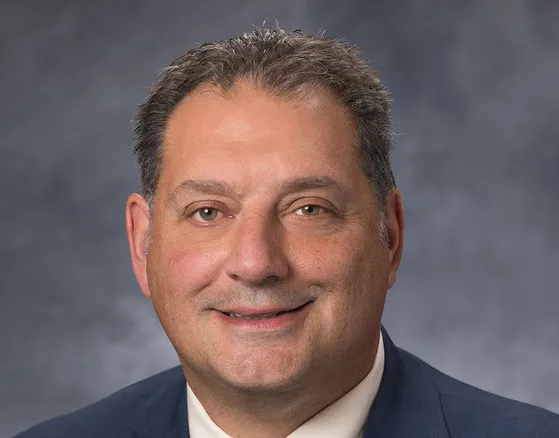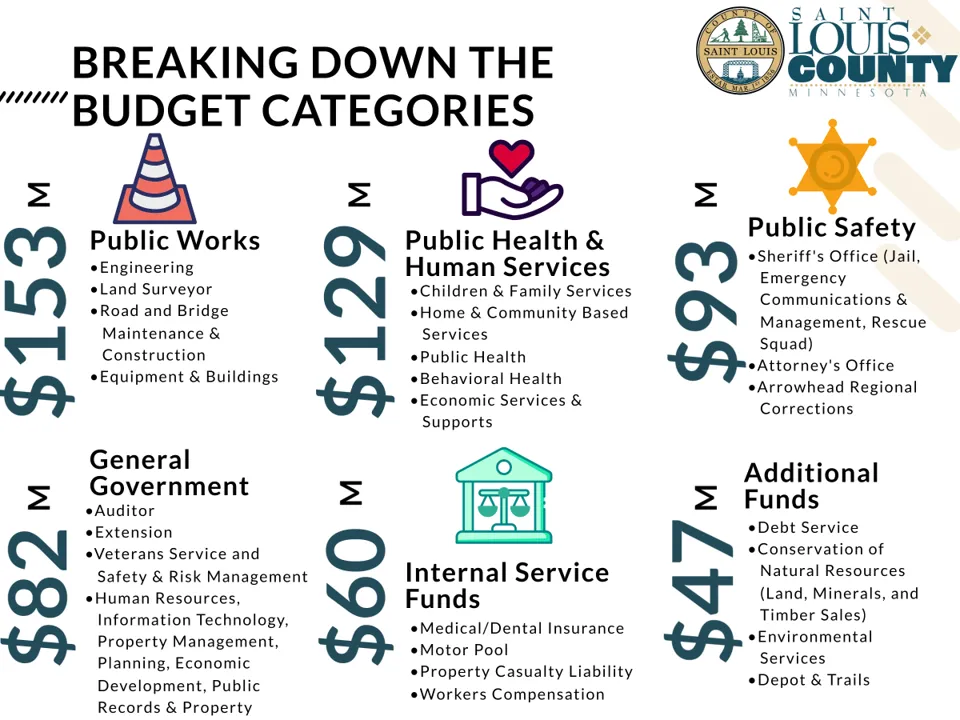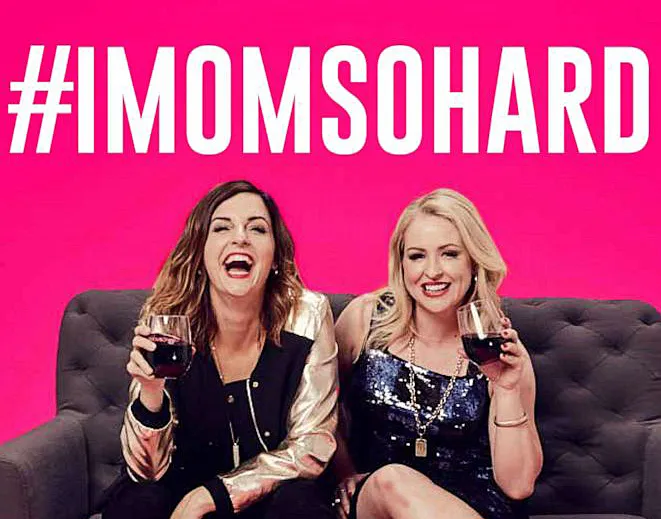May is Maternal Mental Health Month, and St. Louis County Public Health is highlighting resources available for new and expectant parents who may be struggling.
Experiencing depression and anxiety during the perinatal period – defined as the time spanning from when pregnancy begins, through labor and delivery, to approximately a year after birth – is more common than people may realize. Studies have shown one in five moms and one in 10 dads may struggle with mental health during this important time in their lives. Maternal mental health conditions are the most common complication of pregnancy and birth, affecting 800,000 families each year in the U.S.
To help reduce stigma and connect families with the help they need, St. Louis County Public Health has launched a new campaign to remind parents that they are not alone and that help is available. The signs and fliers direct people to a new website: northlandperinatalresources.org.
The website, created with local partners who work to support families, includes links to both local and national support options, as well as education for providers who are looking to learn more. It also includes two important numbers: 1-833-TLC-MAMA is a free and confidential hotline that connects to a counselor 24 hours a day, and the 988 hotline for anyone needing immediate support for emotional or mental health.
A special “Northland March for Moms and Dads” is being planned to raise awareness and bring participants together to support one another. The march will be Thursday, May 22, from 11 a.m. to 12:30 p.m. at Olcott Park in Virginia. Participants are encouraged to wear white to represent survivorship, support, and community for perinatal mental health.
"Having a baby is wonderful and amazing, but it's also exhausting and stressful," said Kelly Lind, a Public Health Nurse and supervisor for St. Louis County. "Our goal with this campaign is to make it easier for new parents to find the support they need, and make it clear that it's okay ask for help."






